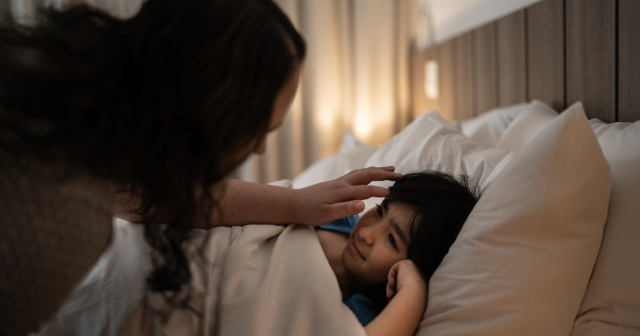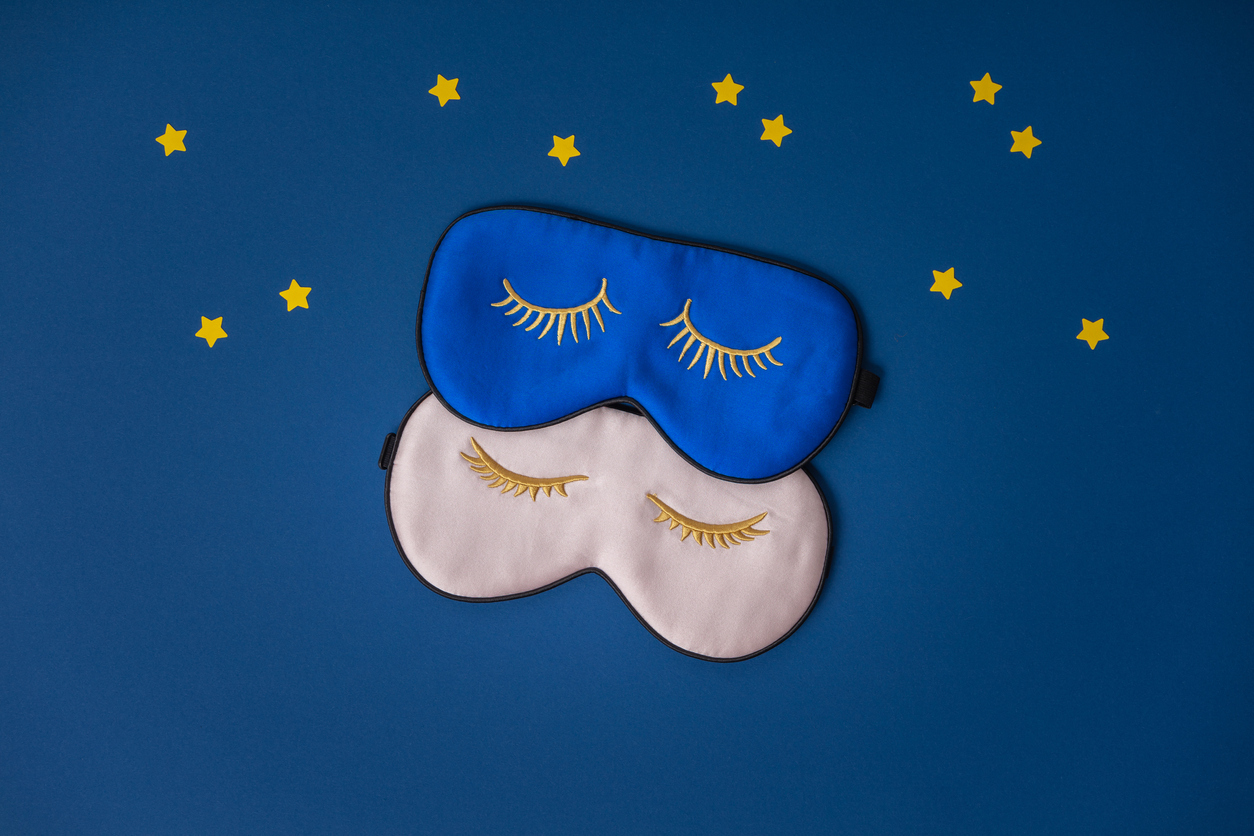You may think that what you do just before bedtime determines if you’ll get a good night’s sleep, but that’s just part of the equation.
The most effective routine for the best sleep possible starts as soon as you get up in the morning.
There are many small tweaks you can apply as you go about your daily activities to make sure that when it’s time for bed, you sleep like a baby.
So, how well do your daily habits set you up for a restful night of sleep?
Read on to discover what you should do during the day for the best sleep possible.
Morning habits for good sleep
Do you wake up early on weekdays and lie in on the weekends? If so, you may be sabotaging your sleep. Our bodies follow a sleep cycle that needs routine to be effective. This means that you’re more likely to sleep well every night if you stick to a pattern.
You can establish this pattern by always getting up at the same time each day, 7 days a week. Resist the temptation to lie in, even on weekends or after a bad night’s sleep, as this can upset the natural body rhythm you’ve established.
Afternoon habits for good sleep
Sleep may be the last thing on your mind at 3pm, but the things you do at this time in the afternoon can determine what happens when you get into bed at night. That’s because any stimulants you take to beat a mid-afternoon slump can keep working well into the night.
Avoid having the following substances 6 hours before bedtime:
- food, drinks or medicines that contain caffeine
- alcohol
- cigarettes or other tobacco products
Also avoid napping during daylight hours to maintain a routine of wakefulness during the day and sleepiness at night.
Evening habits for good sleep
As bedtime draws closer, there’s plenty you can do to make sure you don’t spend the night tossing and turning.
-
Cardio exercise can interfere with your sleep if done too close to bedtime, so make sure you finish any aerobic exercise 4 hours before going to sleep. But don’t skip exercise altogether, as a cardio session earlier in the day can bring about restful sleep.
-
Turn off electronic devices such as computers, mobile phones, tablets and televisions at least an hour before bedtime. The blue light emitted by these devices can make your body think it’s daytime, making it harder to fall asleep.
-
Stop all mentally-demanding activities, such as studying, at least 90 minutes before going to bed.
-
Avoid heavy meals just before bedtime.
-
Taking a warm bath, doing relaxation exercises, listening to relaxing sounds or music, or reading a book can all help to calm your body and mind.
-
If your thoughts often race during the night, writing to-do lists for the next day can help to organise your thoughts and clear your mind.
Bedtime habits for good sleep
The final step you need to take for a great night’s sleep should happen just before bedtime. Try the following tips:
- only go to bed when you feel sleepy
- don’t use the bedroom for activities like eating, watching TV or working
- switch the light off as soon as you get into bed
- keep your bedroom as relaxing as possible – not too noisy, cold or hot
- use good curtains to keep the room dark and prevent early morning sunlight from waking you up
- invest in earplugs and an eye mask if you share your bed with a noisy partner
These tips can help you to sleep better at night, but be sure to see a doctor if you have poor sleep that doesn’t improve within 4 weeks.
Don’t forget to keep track of how well your sleep responds to any changes you make to your daily routine by using our sleep trackers.
Want more tips on how to sleep like a baby? Try out our 28-day in-app sleep better plan for all the latest hacks on how to drift off more quickly and have better quality slumber. Currently available on iOS only.




